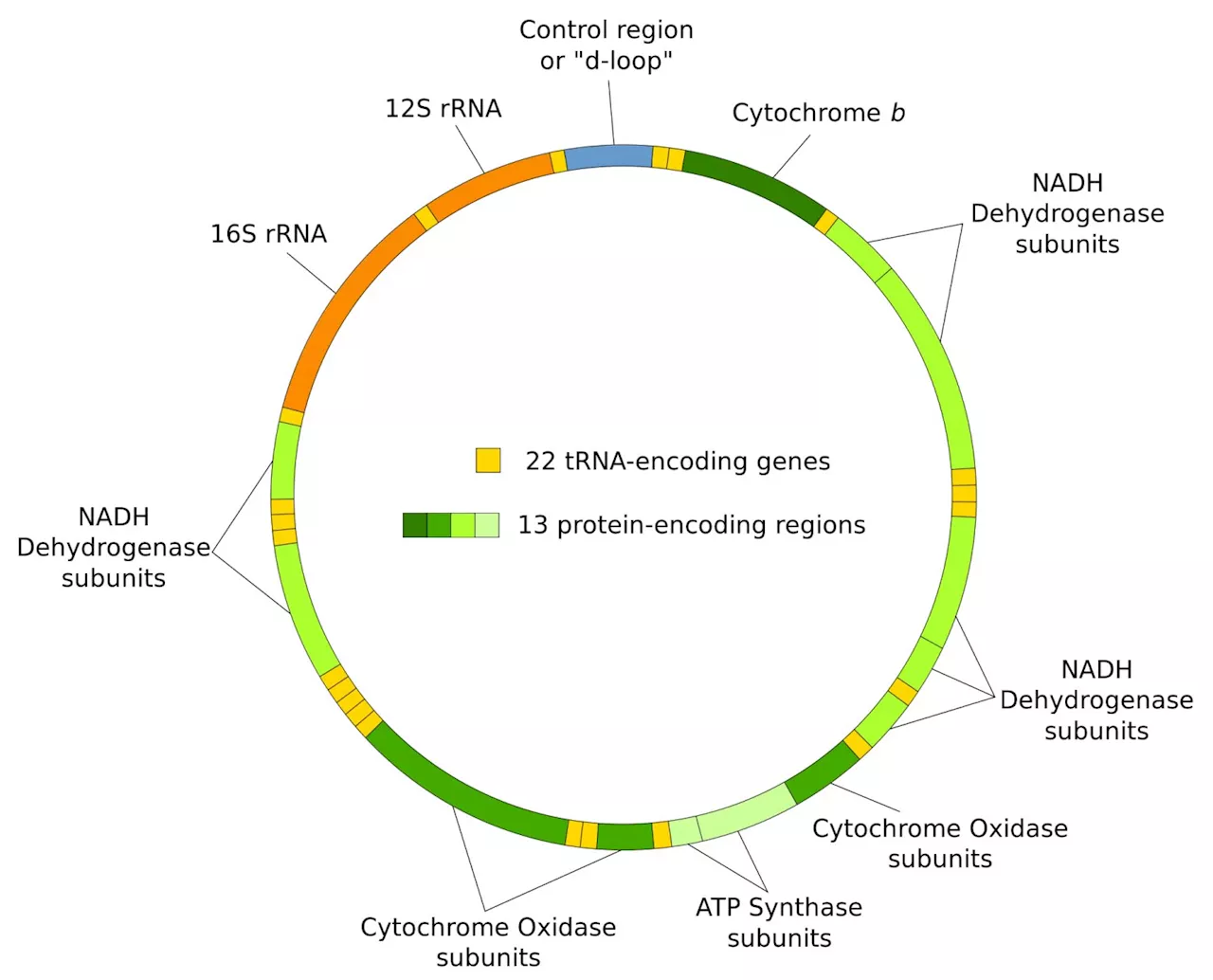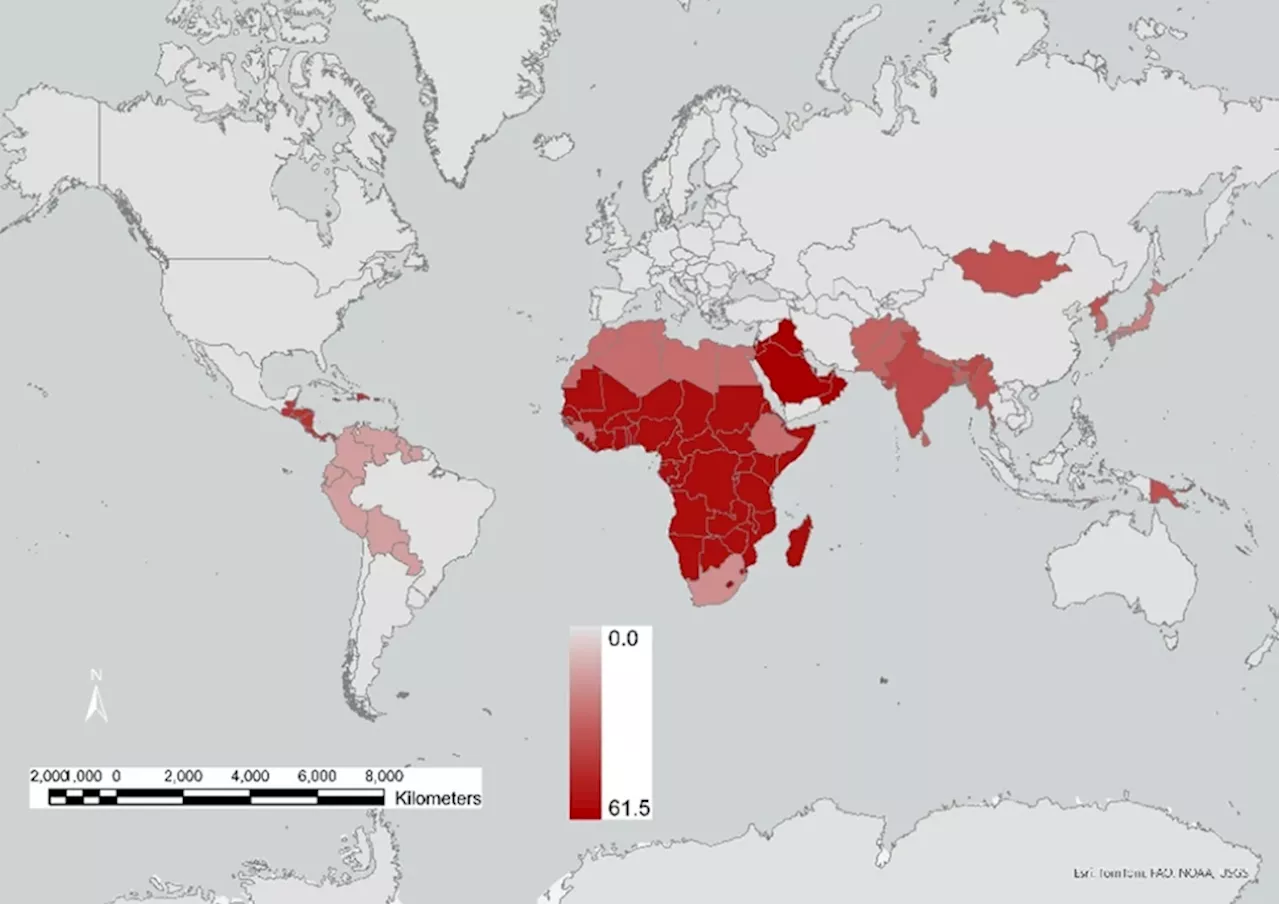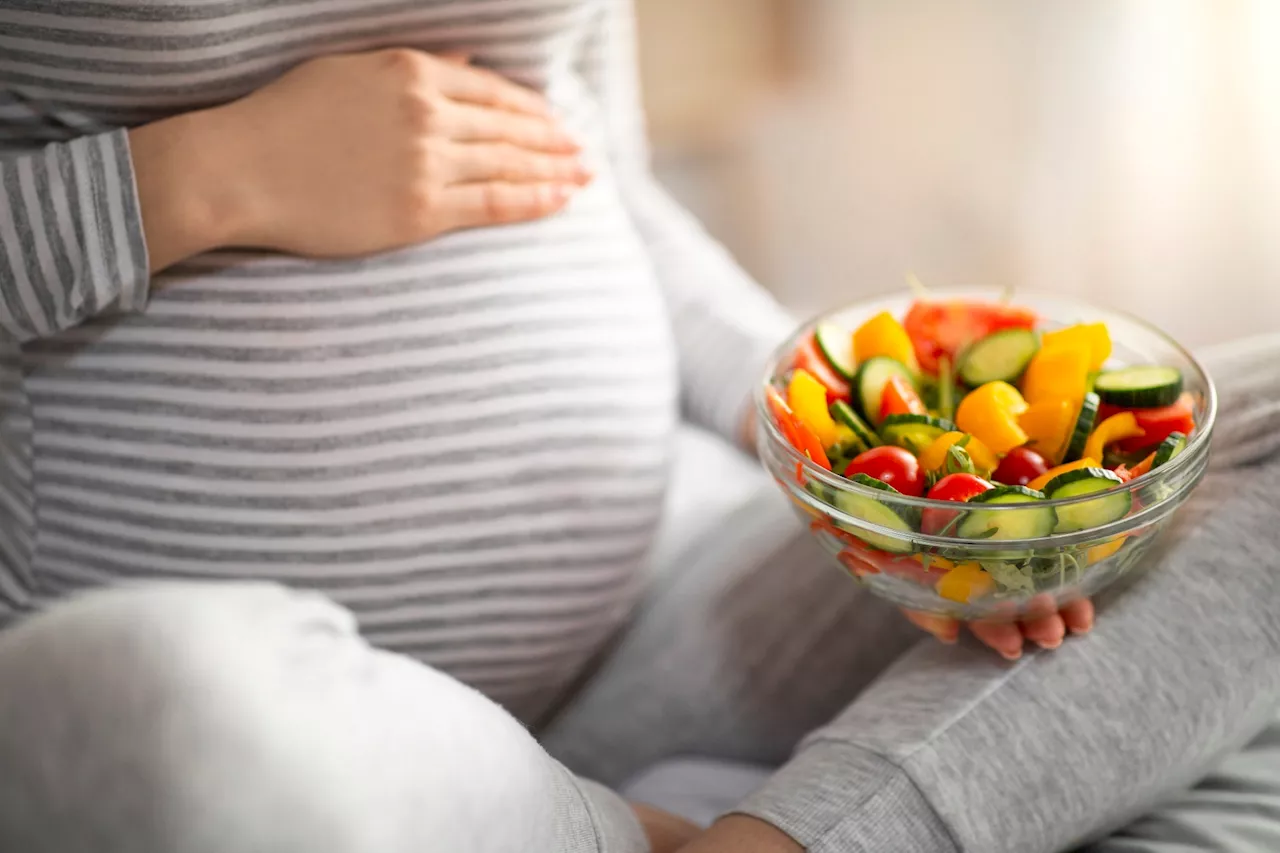A study in Nature Food reveals that adherence to healthy dietary patterns during pregnancy may increase exposure to harmful environmental contaminants, affecting fetal health. The research highlights the need to balance dietary guidelines with potential chemical exposure risks.
By Dr. Priyom Bose, Ph.D.Reviewed by Benedette Cuffari, M.Sc.Jul 3 2024 A recent Nature Food journal study utilized data from a racially and ethnically diverse cohort in the United States to determine whether adherence to healthy dietary patterns increases the risk of exposure to potentially harmful environmental contaminants during pregnancy.
However, major food components of aHEI, aMED, and DASH are also sources of environmental contaminants such as heavy metals, polychlorinated biphenyls , and per- and poly-fluoroalkyl substances . These chemicals can be harmful to fetuses and pregnant women who are sensitive to environmental stimuli. Eighty-eight of 97 chemicals with detection rates above 1% were studied. Multivariate linear regression models were estimated to assess the associations. Several robustness analyses were also conducted to ensure the validity of the findings.
Variations in plasma chemical concentrations were primarily attributed to the consumption of different food groups and nutrients, with fish and eicosapentaenoic acid + docosahexaenoic acid the highest loading factors for all chemicals. As compared to other racial groups, Asian and Pacific Islanders were more affected by the associations of healthy dietary pattern scores with chemical exposure.
Presenting the results in the context of published literature, only one previous study assessed similar associations between dietary patterns and chemical concentrations using umbilical cord blood. Previous studies on non-pregnant individuals have documented inconsistent associations; however, many of these studies included small sample sizes and did not consider food, diet, and nutrient variations.
Blood Cardiometabolic Chemicals Diet Fatty Acids Fish Food Mediterranean Diet Nutrients
Australia Latest News, Australia Headlines
Similar News:You can also read news stories similar to this one that we have collected from other news sources.
 New study sheds light on the rate, nature and transmission of mitochondrial DNA mutations in humansA new study from deCODE genetics uses pedigrees and sequence data from 64,806 Icelanders to shed light on the rate and nature of mutations in mitochondrial DNA (mtDNA) and the peculiar dynamics of its maternal transmission.
New study sheds light on the rate, nature and transmission of mitochondrial DNA mutations in humansA new study from deCODE genetics uses pedigrees and sequence data from 64,806 Icelanders to shed light on the rate and nature of mutations in mitochondrial DNA (mtDNA) and the peculiar dynamics of its maternal transmission.
Read more »
 Wellbeing snails become mascots at Devon college libraryThe giant African land snails have also come into Tavistock College to help students study nature.
Wellbeing snails become mascots at Devon college libraryThe giant African land snails have also come into Tavistock College to help students study nature.
Read more »
 Two of the world's best gardens are just a day trip away - including one that's 'hidden'A new study has revealed the top places in the globe for nature lovers to explore
Two of the world's best gardens are just a day trip away - including one that's 'hidden'A new study has revealed the top places in the globe for nature lovers to explore
Read more »
 World's best 'hidden' garden just a day trip away from cityA new study has revealed the top places in the globe for nature lovers to explore
World's best 'hidden' garden just a day trip away from cityA new study has revealed the top places in the globe for nature lovers to explore
Read more »
 Obesity and food addiction may be caused by certain gut bacteria, says new studyA specific bacteria in the gut may trigger compulsive eating in new research, which may lead to new treatments for the problem.
Obesity and food addiction may be caused by certain gut bacteria, says new studyA specific bacteria in the gut may trigger compulsive eating in new research, which may lead to new treatments for the problem.
Read more »
 Global food collapse looms amid heat and water stress, warns new studyBy 2050, global food production could decline by up to 14% due to heat and water stress, leading to 1.36 billion more people experiencing severe food insecurity, highlighting the urgent need for climate change mitigation.
Global food collapse looms amid heat and water stress, warns new studyBy 2050, global food production could decline by up to 14% due to heat and water stress, leading to 1.36 billion more people experiencing severe food insecurity, highlighting the urgent need for climate change mitigation.
Read more »
